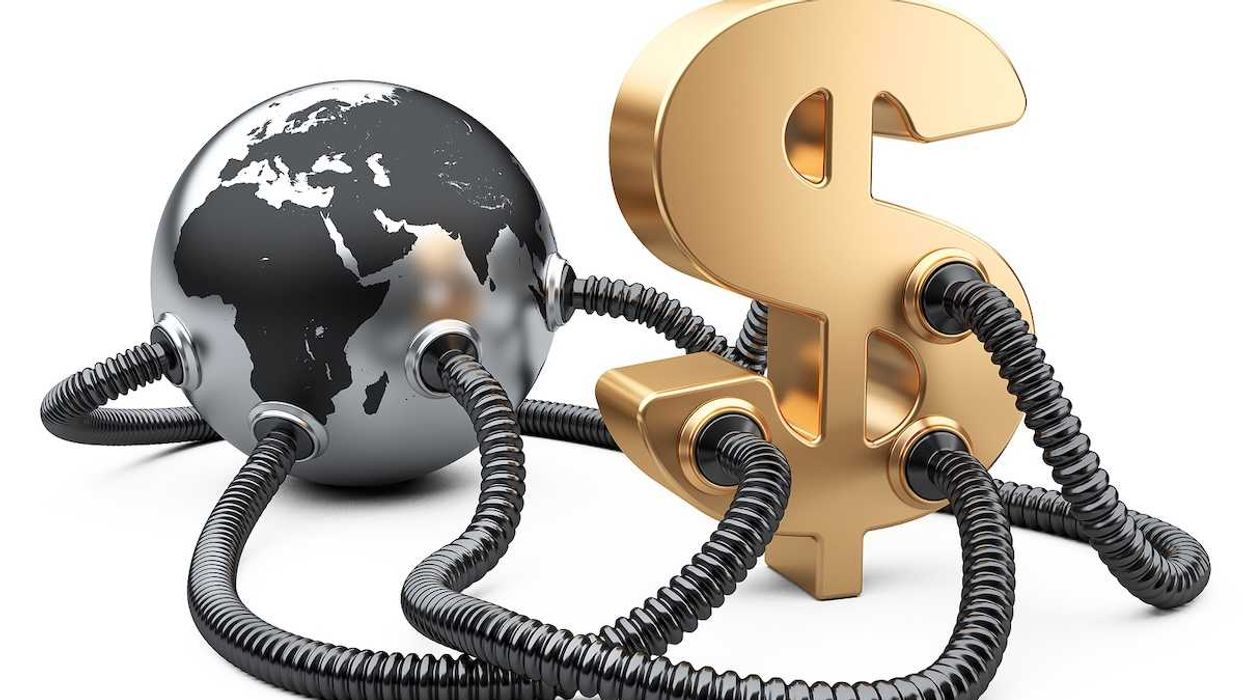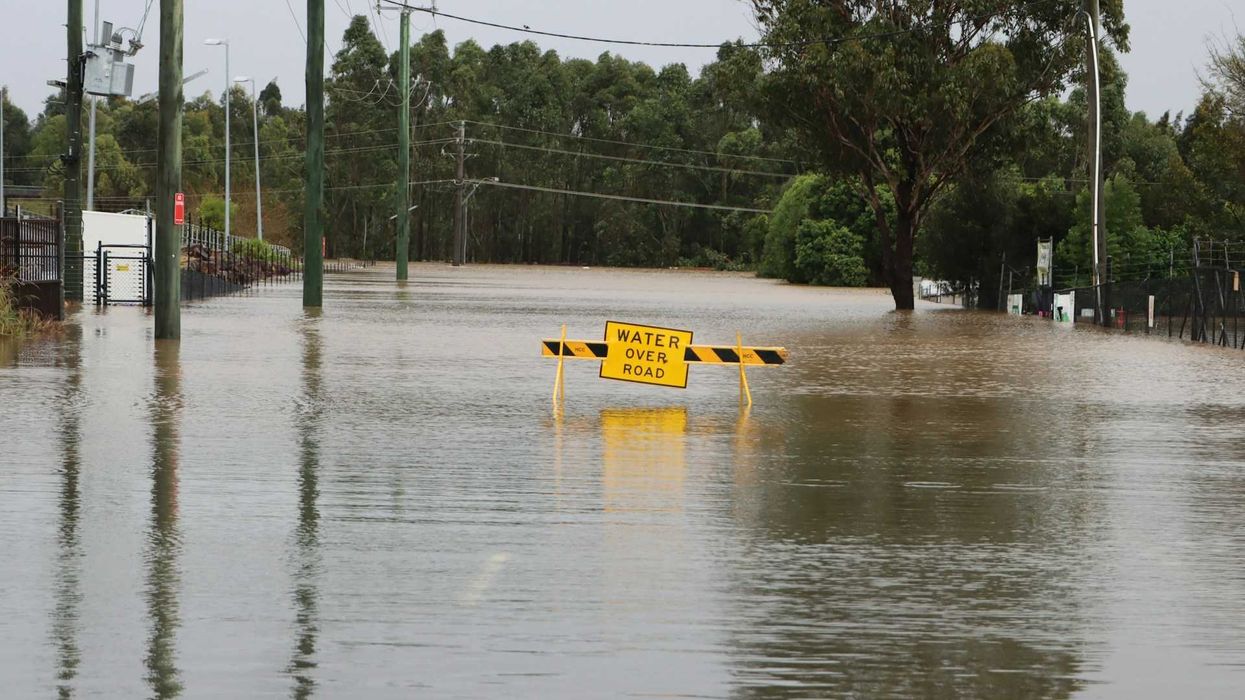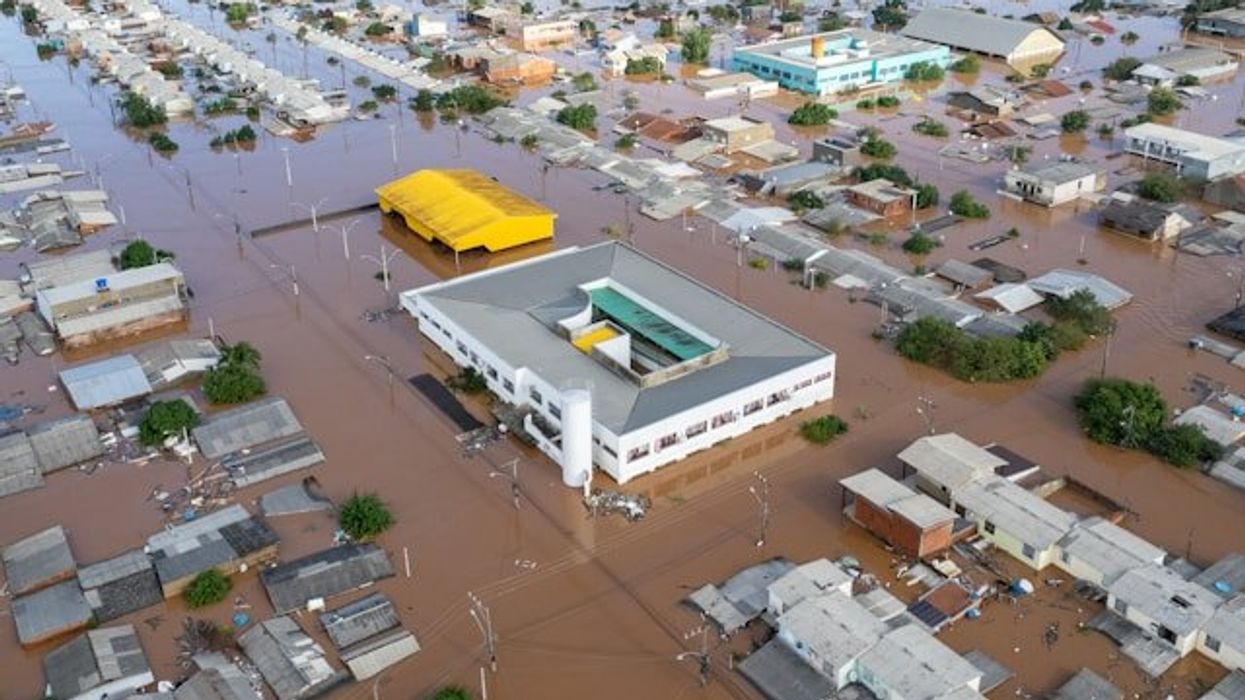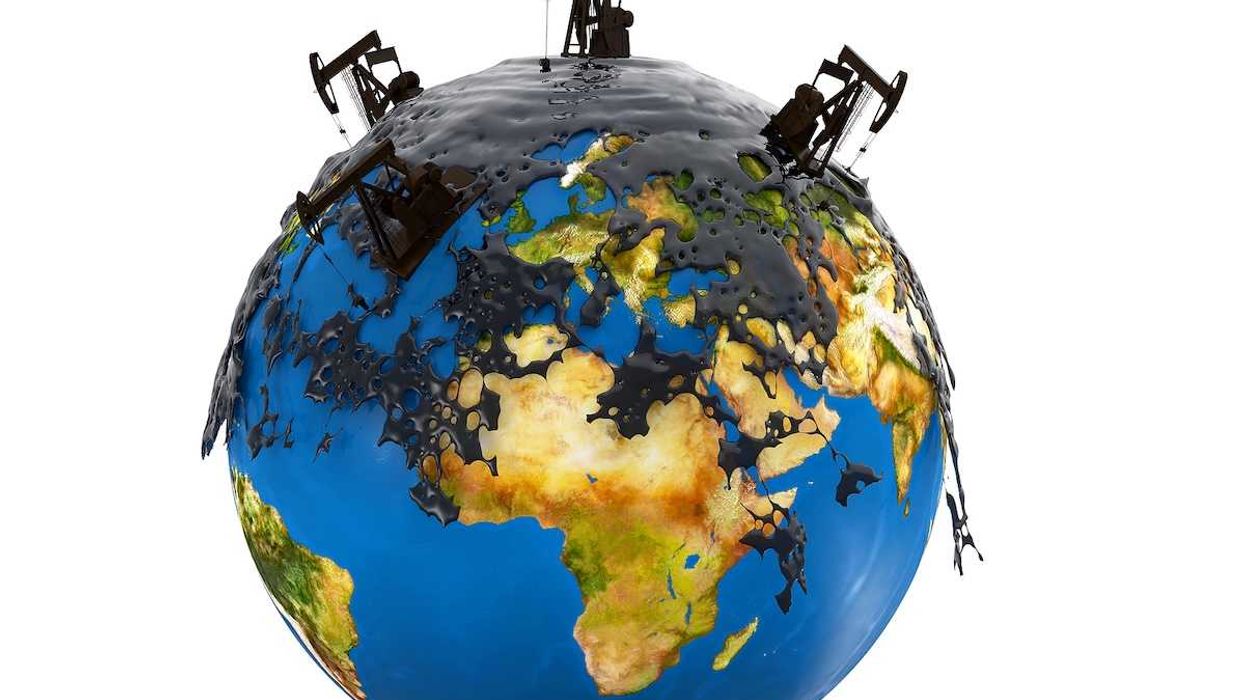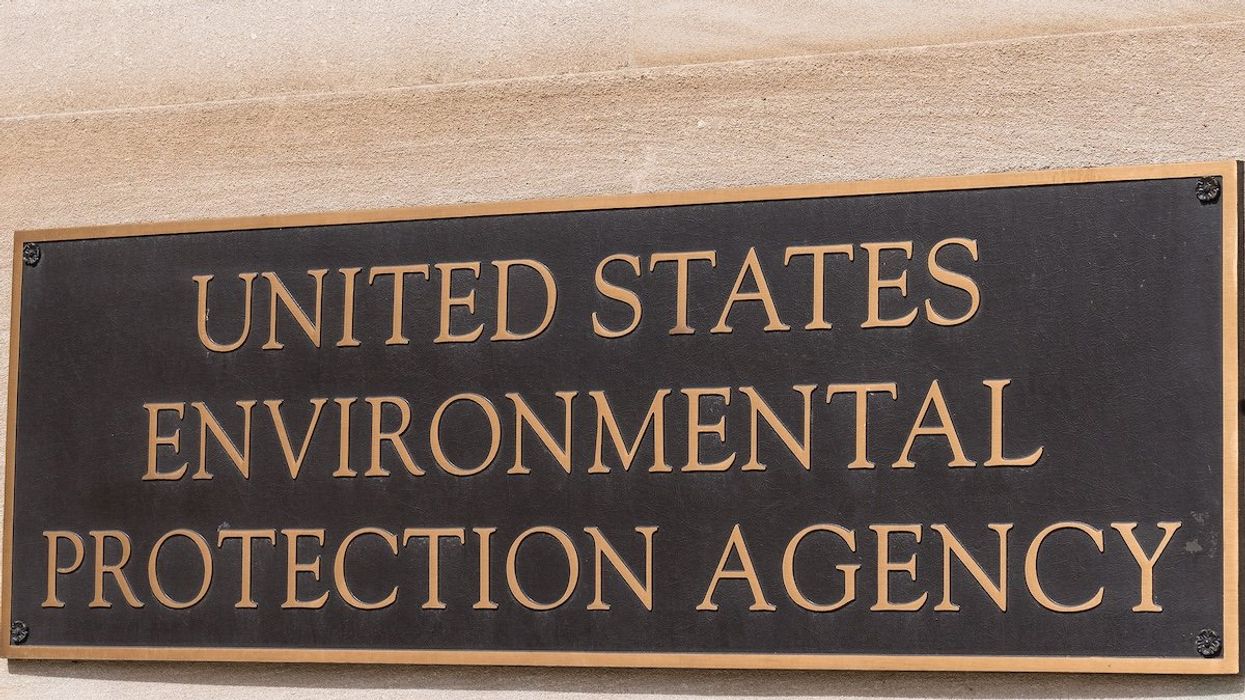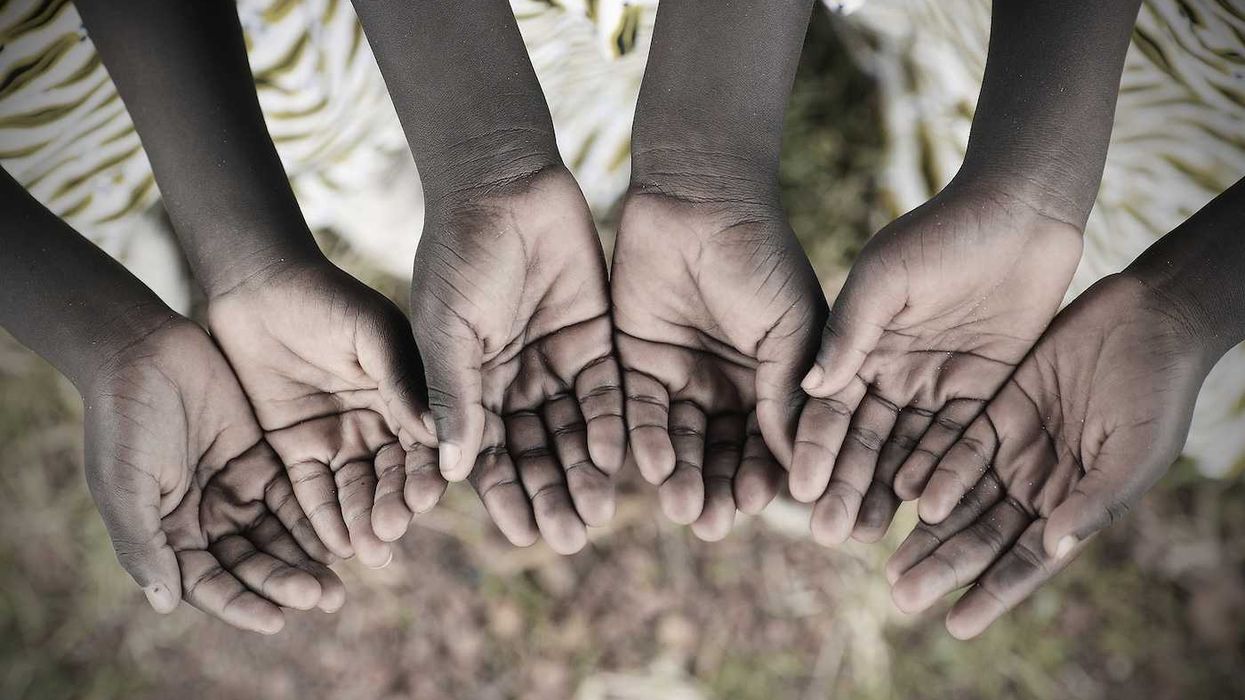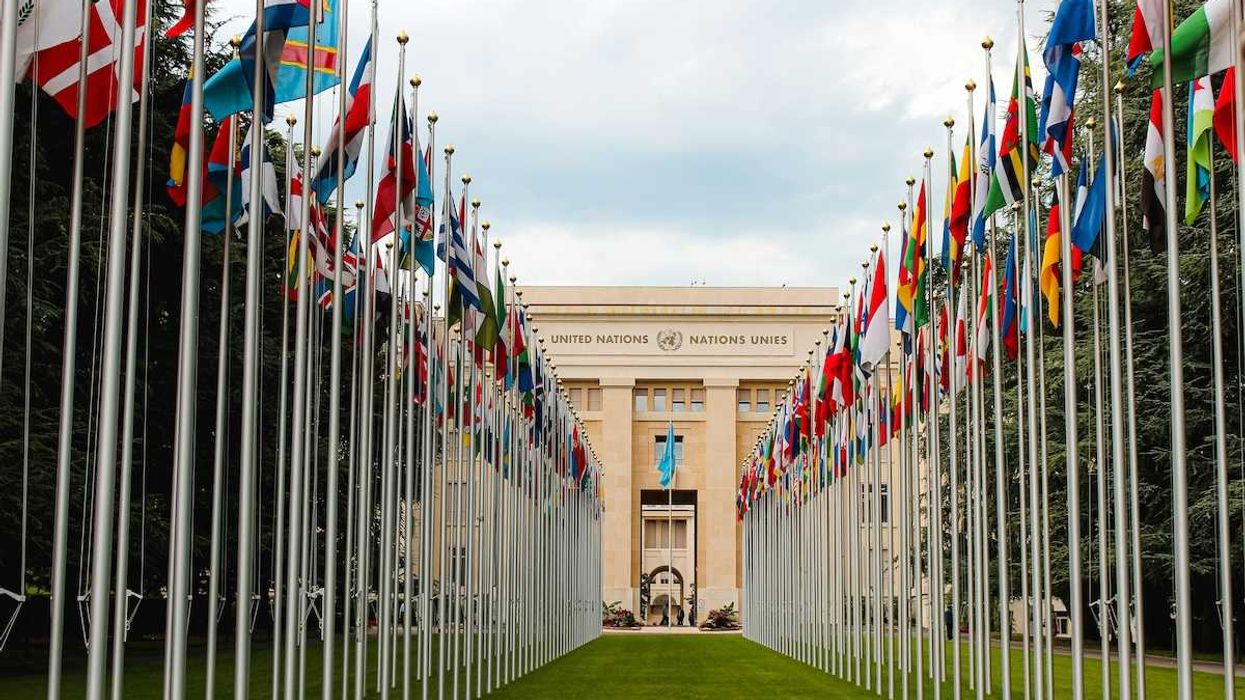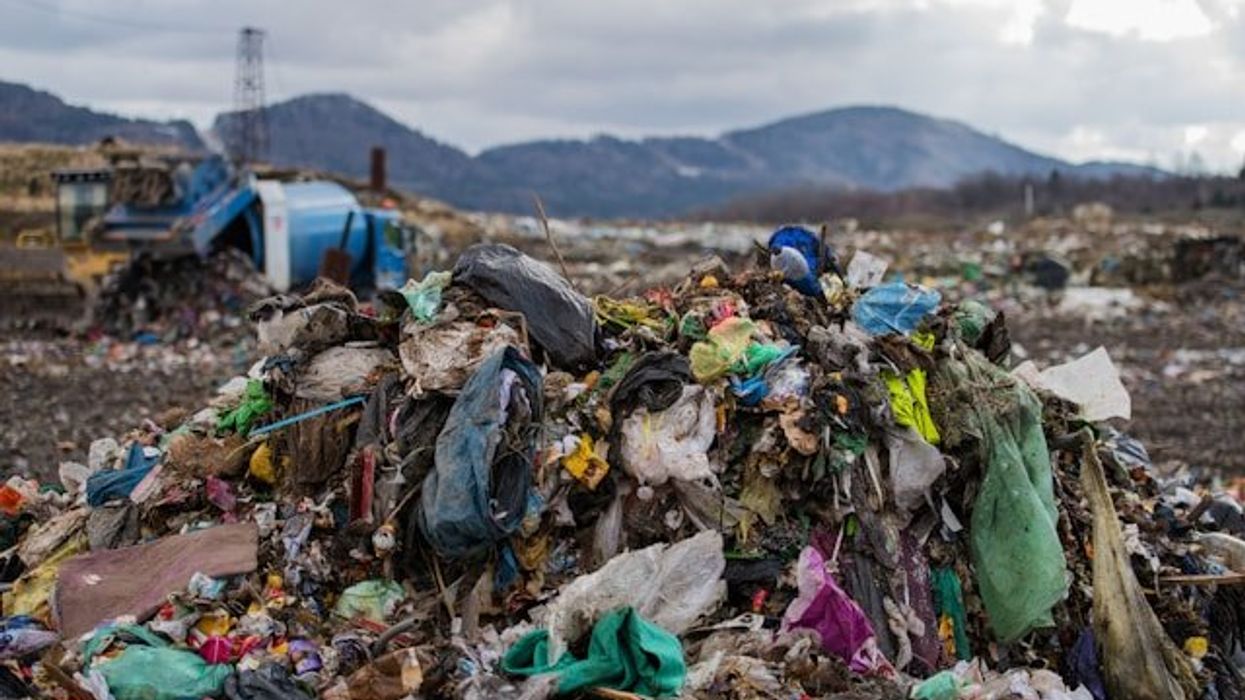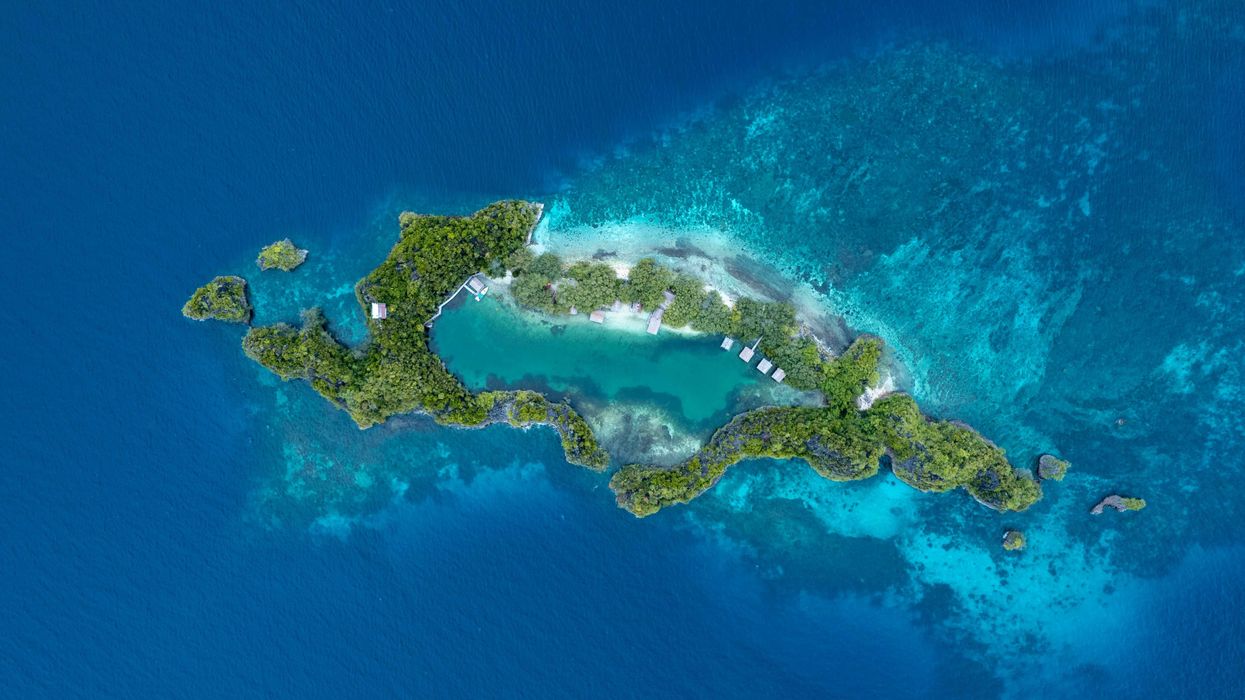When China stopped importing the world’s plastic waste, Turkey became Europe’s new dumping ground, leaving behind mountains of toxic trash despite promises of a zero-waste future.
Alexander Clapp reports for The Guardian.
In short:
- Turkey’s “Zero Waste Project,” launched in 2017, coincided with an influx of plastic waste from Europe, particularly the UK, after China banned such imports.
- Much of the imported plastic was illegally dumped or burned, contaminating farmland, waterways and air while exposing residents to toxic chemicals.
- In 2021, Turkey doubled down on plastics, announcing a $10 billion petrochemical plant in Adana to manufacture even more plastic despite environmental concerns.
Key quote:
“About once a month we find a big new pile of garbage.”
— Sedat Gündoğdu, marine biologist at Çukurova University
Why this matters:
Turkey’s shift from agricultural heartland to plastic dumping ground exposes the dark side of global recycling. Western countries, eager to maintain the illusion of sustainability, offload their waste to nations with weaker regulations, leaving behind pollution that poisons soil, water and air. The toxic impact of plastic — including microplastics in crops, chemical-laden fumes from burning trash and plastic-laced irrigation water — raises major public health and environmental concerns. Meanwhile, Turkey’s embrace of petrochemicals signals a troubling investment in plastic production rather than waste reduction, exacerbating an already dire crisis.



